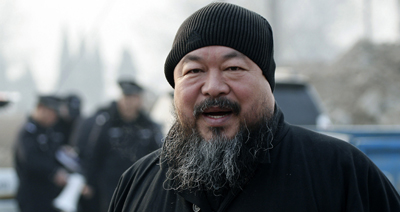As predicted by CPJ and many other commentators, results of the U.S.-China human rights dialogue this week are less than satisfactory. The U.S. side was more critical than it has been, but China remained defiantly deaf to foreign pressure.
Michael Posner, the assistant U.S. secretary for Democracy, Human Rights, and Labor, who led the dialogue, said there was “no sense of comfort from the response or lack of response” on the recent detention of Ai Weiwei and other government critics, according to international news reports. He did use strong language to criticize China’s crackdown on civil dissent, noting a “serious backsliding,” according to the Global Post. CPJ has been documenting the deteriorating environment since February.
Foreign Ministry spokesman Hong Lei reiterated in a Thursday press conference that China was “opposed to the United States using human rights as a pretext for interfering in China’s internal affairs,” according to The Associated Press. He said much the same on Tuesday in advance of the talks, which appeared to be scheduled at the last minute.
The state-run Global Times newspaper carried the same message in an editorial today, saying that the majority of Chinese people were disgusted with pressure from the West on human rights issues. “With the advance of the Internet, it does not make sense to attribute this to the results of China national ‘propaganda,'” the paper said, according to its own English-language version of the article.
True, propaganda is not entirely responsible for this view of the dialogue, if it is representative. But censorship of dissenting activists, online critics, and domestic journalists helps.
The Times’ tone demonstrates how easy it is for the Chinese Communist Party to brush aside Posner’s concerns. Posner said the issues would be raised again during the U.S.-China Strategic and Economic Dialogue in Washington next month, according to AP. The U.S. will need to work even harder then to make its message heard.
